6. The Snowtown Murders (2011) – Justin Kurzel
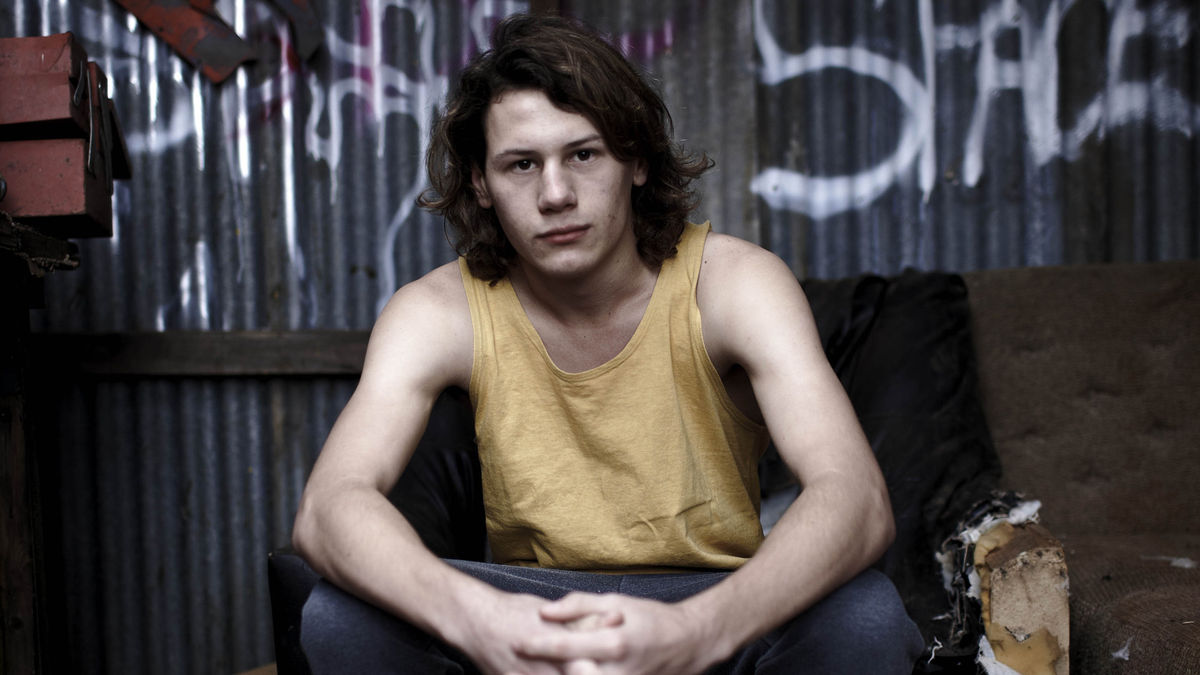
Disturbing. Horrifying. Violent. These could be a few words to describe Justin Kurzel’s debut, but memorizing, audacious, and hypnotic can also be applied. Diving into the true stories of serial killers that ride the Adelaide suburbs of unwanted criminals, the film doesn’t hold back.
From the opening clearly establishing a realistic approach with handheld camerawork and a tone that continually draws you into the world, we simply can’t look away, no matter how violent or uncomfortable the film makes us feel, much like the naive teen drawn into the situation.
Kurzel shows masterfully how to craft a story that could be wrongfully portrayed or told, but with an observant attention to detail, patience, care for his characters (aka serial killers), and commanding presence of the world, it’s a film not to be missed and one that tells a horrific yet true story in Aussieland.
7. Charlie’s Country (2014) – Rolf de Heer
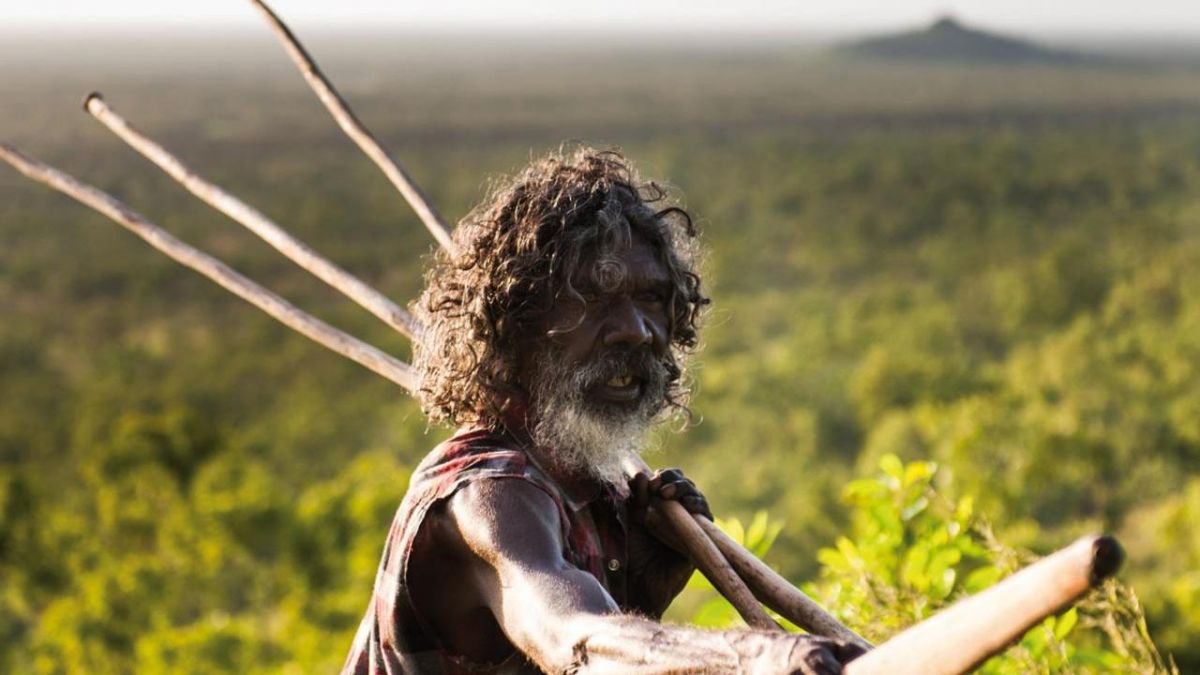
A film that feels Australian from the landscape to the brilliant and legendary David Gulpulil drawing you into his world from the opening frames. Rolf de Heer tells the story of Charlie, an Aboriginal man whose world is shrinking due to modernization, and tries to get back to the way of his ancestors.
Never losing a sense of self in structure and story, much like Charlie’s sense of humor and dedication to preservation of his people, the film is an inspirational and moving tale. Gulpilil is certainly the main draw for the film as he hunts, jokes, dances, and energizes every frame that he’s in, which is basically the entire duration.
It’s an important film to see how the Aboriginal culture is perishing in the country but not without tremendous spirit and determination to survive, one person at a time, and done exuberantly by David Gilpulil’s Charlie.
8. Starstruck (1982) – Gillian Armstrong
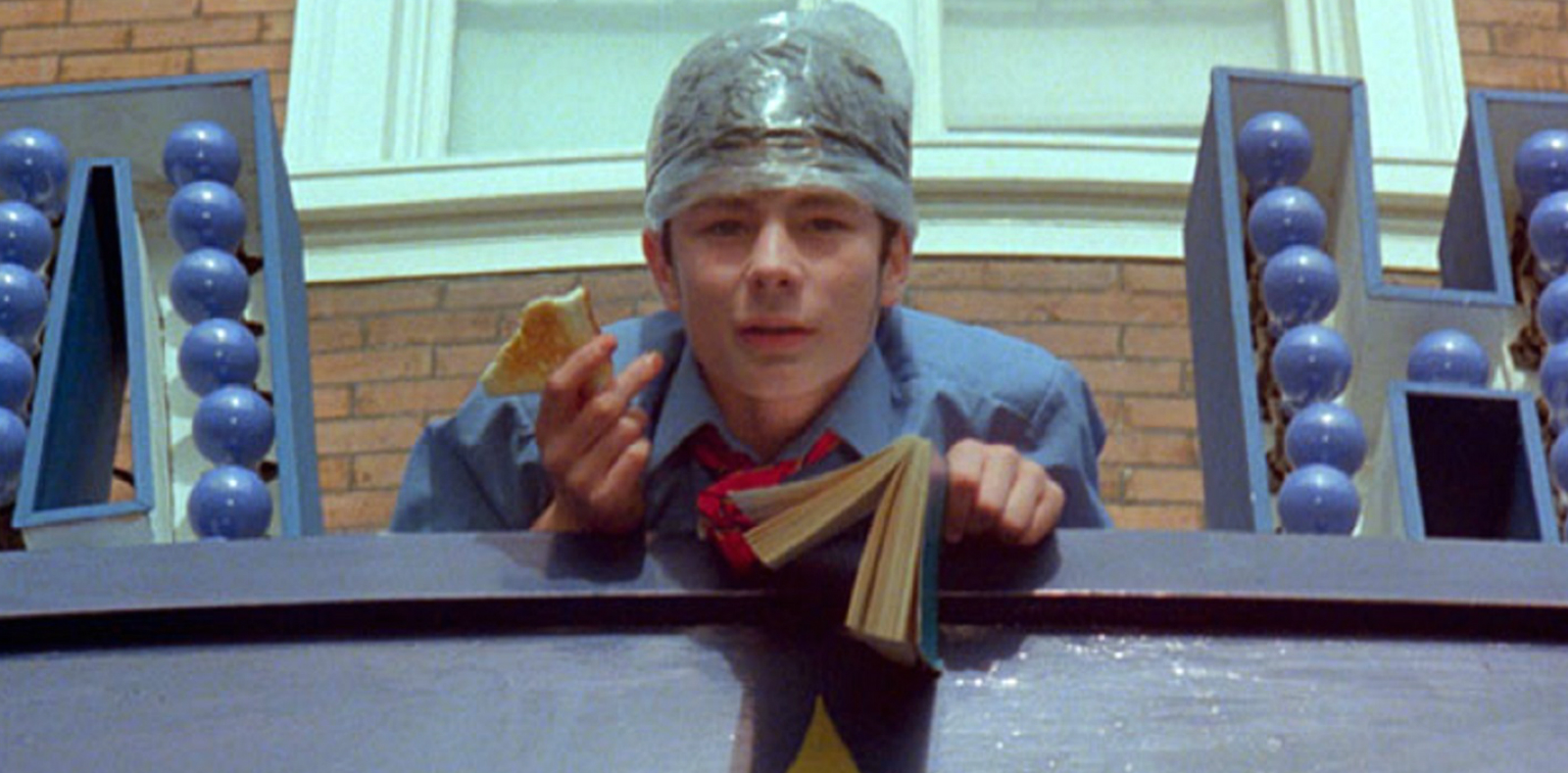
Not quite a full-on MTV riff of musicals and not quite a rise to stardom film, Gillian Armstrong’s film combines the lavish, production design of neon and outlandish costumes to tell the story of a woman’s rise to fame, and her relationship and help from her younger, audacious cousin.
Starting out with a fun number with all types of pedestrians dancing and moving along in a nightclub and pub, one can sense that the film wants the audience to dance along and have fun. And it certainly delivers as most of the senses of connection are essentially leading into the musical numbers where it all comes together.
Actress and singer Jo Kennedy keeps the film from going off the rails from one musical number to the next as she adds realism of her rise to stardom. In the end, it’s certainly an Aussie take on the musical, far from Hollywood as well it should be.
9. Muriel’s Wedding (1994) – P.J. Hogan
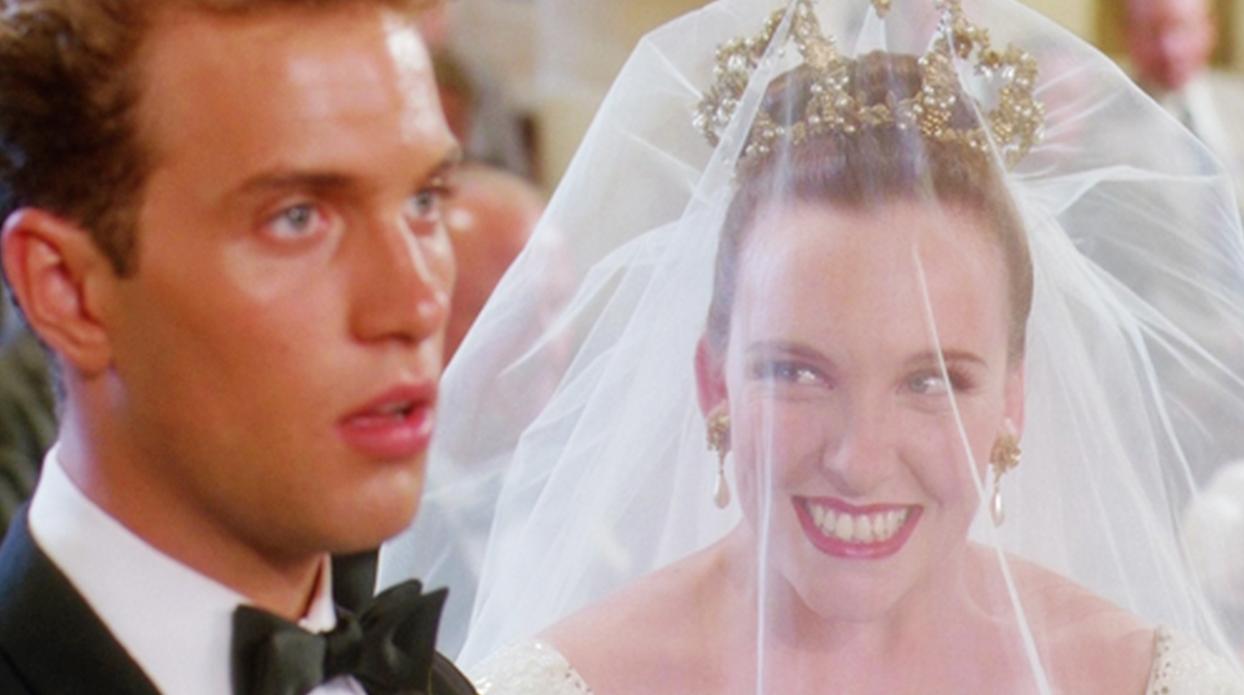
The film that launched Toni Collette’s career and one most well earned, this romantic comedy with its fair share of emotional drama hits all the right notes, set to the hits of ABBA!
Dreaming of her wedding one day, Collete’s Muriel and eventually Mariel fantasizes of her white gown and being accepted into social normalcy. Unfortunately, her dysfunctional family and awkward appearance don’t allow her into her cool friends’ circle or even a job. So as things play out, certain tragedies strike, and coming of age elements unfold, Muriel’s true identity comes along with all the hopes, pains, joys, and despairs of growing up searching for love amongst friendship, family, and life.
It’s certainly a well-directed film, even when events that might seem a bit far-fetched come into play, it’s Collette’s drive, charm, and real humanity that keeps it together. It’s one of the best Australian films of the 1990s and certainly one that hits an emotional chord today.
10. Puberty Blues (1981) – Bruce Beresford
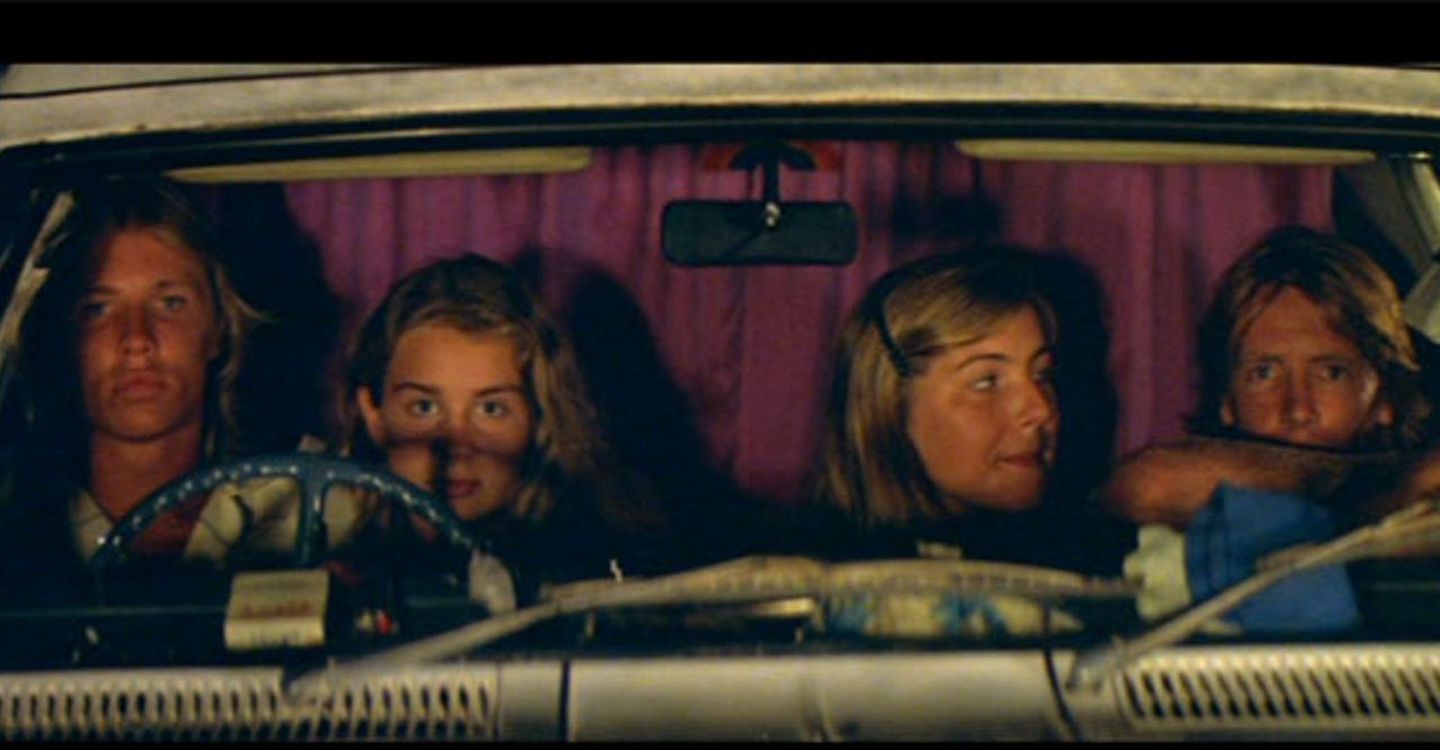
The second Beresford film on this list, this frank, blunt, and anti-Hollywood coming-of-age story across the course of one summer for two teenage girls in Sydney. What makes this film stand out is not so much the 1980s approach of the beginning of the decade, but that it truly focuses on the characters in a realistic way without ignoring the hedonism of its time.
As the two girls lead Margaret Kelly’s adaptation of her own novel, one can get the sense that we are following their discoveries of early adulthood, without holding back on the sex, drugs, and rock and roll approach. It doesn’t dwell on the good time vibes or set pieces, but rather the two girls’ approach to discovery rarely seen in films until that time, particularly Australian films.
For anyone searching for an authentic, coming-of-age film that plays over the course of one summer, a cliche that has been done dozens of times, this might be the hidden gem you’ve been searching for.